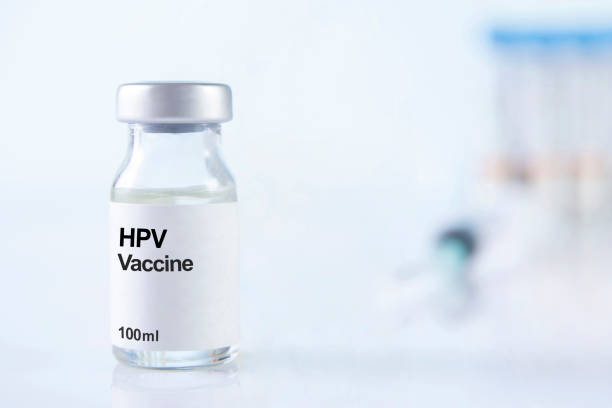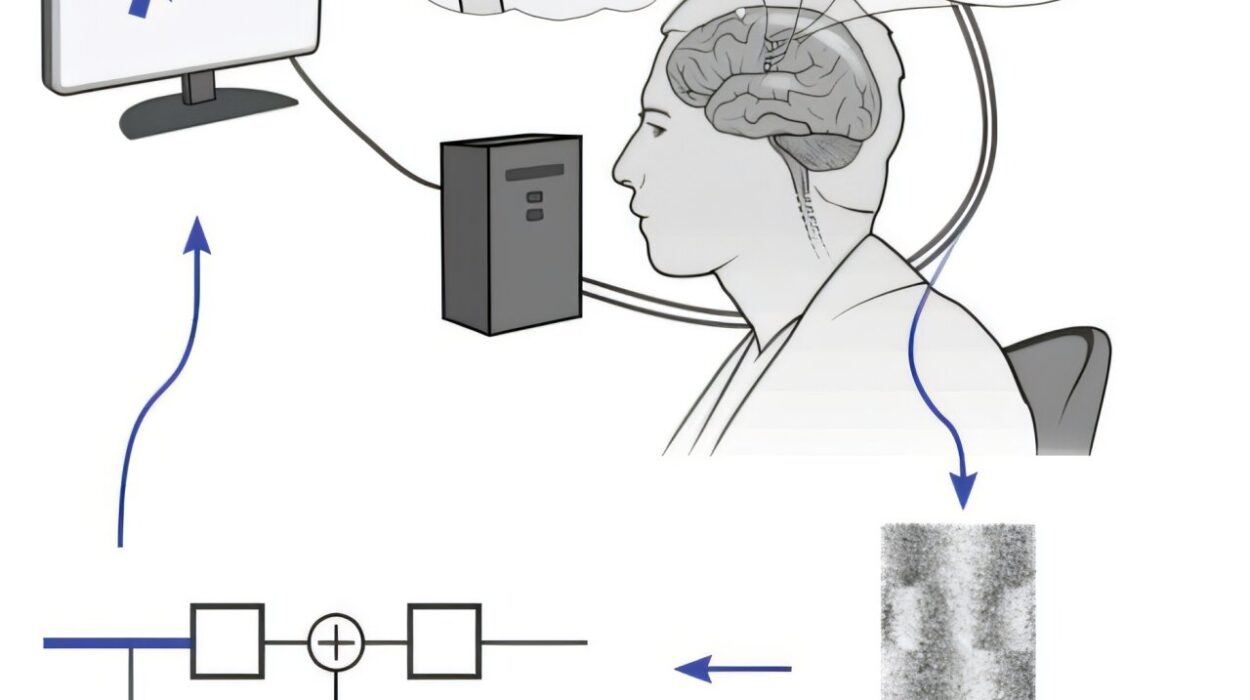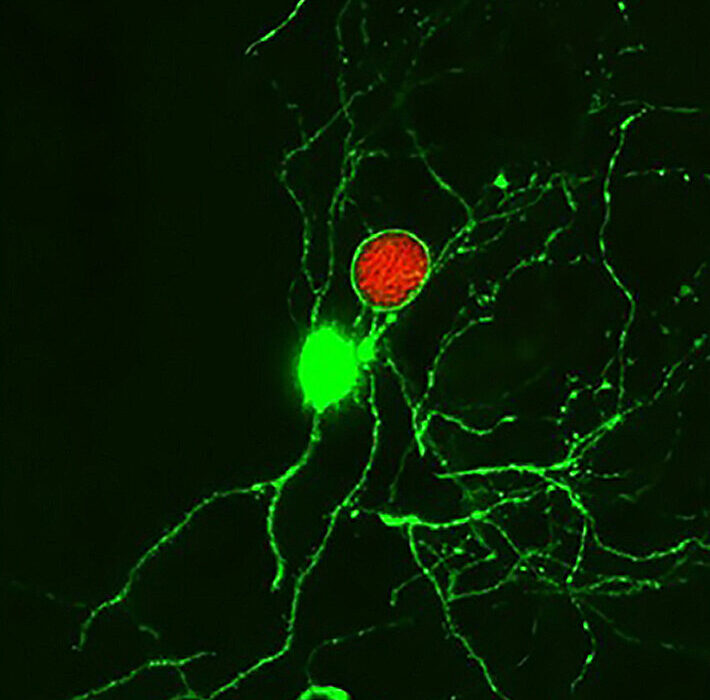From the moment life first appeared on Earth, water has been its cradle. Our earliest ancestors swam in ancient oceans, and even as we evolved to walk on land, we carried the oceans within us—our blood, cells, and vital fluids echoing the chemistry of primordial seas. Water is not just a drink we sip when thirsty; it is the invisible architect of life, weaving through every aspect of human biology, sustaining our existence in ways we often overlook.
Hydration is fundamental to wellness. It is as crucial as the air we breathe, influencing our energy, mood, cognitive function, and physical health. Without water, life cannot endure. Yet despite its importance, many people misunderstand hydration, thinking of it only when their throats feel parched. True hydration is not simply about quenching thirst—it is about nurturing every cell, every organ, and every function of the body.
Understanding why hydration matters, how it impacts our health, and the science behind water’s profound role in the human body is essential for anyone seeking optimal wellness. This journey begins with appreciating the extraordinary relationship between water and life itself.
The Human Body: A Symphony of Water
When you look in a mirror, you see flesh, bone, and skin. But beneath that surface, you are mostly water. The human body is composed of about 60% water, though this varies with age, gender, and body composition. Infants start life as almost 75% water, a testament to how vital fluid balance is in early development. As we age, this percentage decreases slightly, but water remains the dominant substance in our bodies.
Every major system relies on water to function properly. Blood, which transports oxygen and nutrients, is primarily water. The brain—responsible for our thoughts, memories, and consciousness—is about 73% water. Muscles, organs, even bones themselves contain water that maintains structure and flexibility.
Within each cell, water acts as a medium where countless biochemical reactions occur. Enzymes fold and unfold in its presence; nutrients dissolve and travel freely; energy is generated through processes like cellular respiration that depend on aqueous environments. Life, at its most fundamental level, is water interacting with other molecules in a dance of chemistry and energy.
Hydration and Cellular Health
At the smallest scale, proper hydration ensures that our cells function optimally. Water enters and leaves cells through membranes, maintaining an equilibrium essential for survival. If cells lack water, they shrink and their ability to carry out normal processes diminishes. This can impair energy production, nutrient absorption, and waste removal, leading to cellular stress and, ultimately, affecting the health of entire organs.
Inside cells, water is a solvent that enables enzymes to perform their intricate tasks. It also participates directly in chemical reactions, splitting molecules or helping form bonds that create essential compounds like ATP, the energy currency of the body. Without adequate water, these microscopic processes slow down or malfunction, which is why dehydration can cause fatigue, weakness, and a general sense of malaise.
Hydration also affects the extracellular matrix—the fluid environment surrounding cells. This matrix acts as a communication network, allowing hormones, immune cells, and neurotransmitters to travel and interact. Adequate water ensures that signals move efficiently, maintaining balance and harmony within tissues and organs.
The Role of Water in Circulation and Detoxification
Water is the lifeblood of circulation. It keeps blood volume stable, ensuring that oxygen, hormones, and nutrients reach every corner of the body. Proper hydration maintains optimal viscosity of blood; when dehydrated, blood thickens, making the heart work harder and potentially reducing the supply of oxygen to vital tissues.
The kidneys, our primary filtration organs, rely heavily on water. Every day, they process around 50 gallons of blood, removing waste and excess substances. This filtration produces urine, which is mostly water. Without enough fluid intake, kidneys cannot efficiently remove toxins, leading to a buildup of harmful substances and increased risk of kidney stones or urinary tract infections.
Sweating, another critical detoxification process, depends on water. Through perspiration, we release heat and small amounts of waste products. Dehydration hampers this cooling system, raising body temperature and straining organs like the liver, which also relies on water to metabolize toxins.
Hydration and Digestive Health
From the moment you take your first bite of food, water is at work. Saliva, primarily water, moistens food and begins digestion with enzymes. In the stomach and intestines, water helps break down nutrients, allowing them to dissolve and be absorbed into the bloodstream.
Fiber, crucial for gut health, depends on hydration to function. Water softens stool, preventing constipation and promoting regular bowel movements. Without enough fluid, the colon draws water from waste material, leading to hardened stools and discomfort.
Even the beneficial bacteria in our gut thrive in a hydrated environment. These microbes support digestion, produce essential vitamins, and strengthen our immune system. Water keeps this ecosystem balanced, preventing harmful bacteria from overgrowing and causing inflammation or illness.
Hydration and Cognitive Function
The brain is particularly sensitive to hydration status. Studies show that even mild dehydration—losing just 1–2% of body water—can impair mood, concentration, memory, and alertness. This happens because dehydration reduces blood flow and oxygen delivery to brain tissue, while also affecting neurotransmitter balance and the structure of brain cells.
When hydrated, neurons communicate efficiently, maintaining sharp thinking and emotional stability. Water is also essential for producing cerebrospinal fluid, which cushions the brain and spinal cord, protecting them from injury and providing nutrients.
Inadequate hydration has been linked to headaches, migraines, and increased perception of stress. Chronic dehydration may even play a role in cognitive decline with aging, making regular fluid intake crucial for maintaining long-term brain health.
The Skin and Hydration
Our skin is often the first place we notice signs of dehydration. Dryness, flakiness, and a lack of elasticity can all indicate that the body is conserving water for essential internal functions. Proper hydration keeps skin cells plump, maintaining a smooth, youthful appearance.
Water supports the production of collagen, a protein that provides structure and strength to skin. It also aids in flushing toxins that can contribute to acne or other skin conditions. While topical moisturizers help, true skin health begins from within, requiring consistent water intake to nourish cells from the inside out.
Hydration and Physical Performance
Athletes and active individuals understand the importance of hydration instinctively. Muscles are about 75% water, and fluid balance directly affects strength, endurance, and recovery. During exercise, the body loses water through sweat to regulate temperature. If this fluid is not replenished, performance drops, muscles cramp, and fatigue sets in quickly.
Dehydration reduces blood plasma volume, impairing oxygen and nutrient delivery to working muscles. It also hampers the removal of metabolic byproducts like lactic acid, increasing soreness and recovery time. Proper hydration supports joint lubrication, protecting cartilage and preventing injuries.
Even moderate physical activity in hot conditions can lead to significant fluid loss. Staying hydrated before, during, and after exertion is essential for maintaining performance and avoiding dangerous conditions like heat exhaustion or heatstroke.
Hydration for Heart Health
The cardiovascular system relies heavily on fluid balance. Water helps maintain blood pressure, allowing the heart to pump efficiently without excessive strain. When dehydrated, blood thickens and circulation slows, increasing heart rate and potentially stressing arteries.
Studies suggest that consistent hydration lowers the risk of cardiovascular disease. Adequate water intake supports optimal cholesterol levels, reduces the chance of blood clots, and may even prevent long-term damage to the heart muscle.
In emergencies, such as significant blood loss or shock, intravenous fluids—essentially sterile water with electrolytes—are among the first treatments administered, underscoring the centrality of hydration in sustaining life.
The Science of Thirst and Fluid Balance
Our bodies possess sophisticated mechanisms to regulate hydration. The sensation of thirst is controlled by the hypothalamus, a region of the brain that monitors blood osmolality—the concentration of particles like sodium in our fluids. When levels rise, indicating dehydration, the brain triggers thirst and releases hormones that conserve water through reduced urine output.
However, thirst is not always a perfect indicator. By the time you feel thirsty, you may already be mildly dehydrated. Factors like age, stress, or illness can dull the thirst response. That’s why health experts emphasize proactive hydration—drinking regularly throughout the day rather than waiting for intense thirst signals.
Electrolytes, including sodium, potassium, and chloride, also play a vital role. They help cells absorb water and maintain nerve and muscle function. During intense sweating or illness, replacing lost electrolytes becomes as important as replacing water to prevent imbalances that can cause weakness, confusion, or dangerous arrhythmias.
Myths and Misconceptions About Hydration
Hydration is surrounded by myths that obscure scientific understanding. One common belief is that everyone must drink eight glasses of water per day. In reality, fluid needs vary based on body size, activity level, climate, and diet. Foods like fruits and vegetables contribute significantly to hydration, and other beverages can also count toward daily intake.
Another myth is that caffeinated drinks like coffee or tea are dehydrating. While caffeine has a mild diuretic effect, it is not strong enough to offset the fluids consumed in these beverages. Similarly, moderate alcohol consumption contributes some hydration, though excessive intake disrupts water balance by increasing urine production.
Clear urine is often considered the gold standard of hydration, but perfectly clear urine can indicate overhydration, which dilutes electrolytes and can be harmful. The healthiest hydration typically results in pale yellow urine—a balance between concentrated waste and fluid intake.
Special Considerations: Age, Pregnancy, and Illness
Certain life stages and conditions require extra attention to hydration. Infants and young children, with their higher body water content and faster metabolism, are more susceptible to dehydration from fevers, vomiting, or diarrhea.
Pregnant and breastfeeding women need additional fluids to support fetal development and milk production. Adequate hydration reduces risks of complications such as urinary tract infections or premature contractions.
Older adults often have a diminished thirst response and may take medications that increase water loss. Chronic conditions like diabetes or kidney disease also alter fluid requirements. In these cases, deliberate and regular hydration becomes critical for maintaining health.
Environmental Factors and Hydration
Climate profoundly influences hydration needs. Hot, humid environments accelerate sweating and fluid loss, while high altitudes increase breathing rate and water evaporation from the lungs. Cold weather can be deceptive—though you may not feel thirsty, significant water loss still occurs through respiration and urine.
Physical activity, especially in extreme environments, multiplies fluid requirements. Without conscious effort to replace lost fluids, dehydration can develop rapidly, impairing both physical and cognitive abilities.
The Long-Term Impact of Proper Hydration
Consistent hydration does more than keep you comfortable—it lays the foundation for long-term health. Chronic low-level dehydration has been linked to kidney disease, hypertension, urinary tract issues, and metabolic disorders. Maintaining fluid balance reduces these risks while supporting every system from the immune response to hormone regulation.
Research also suggests hydration influences longevity. Properly hydrated individuals tend to have healthier skin, organs, and joints over time, delaying age-related decline. Since water supports cellular repair and waste removal, it may even slow processes associated with aging at the molecular level.
Cultivating Mindful Hydration
Staying hydrated is both a science and an art. It requires awareness of your body’s needs, environment, and activity levels. Rather than viewing hydration as a chore, it can become an act of mindfulness—an intentional nurturing of your body’s deepest requirements.
Carrying water throughout the day, starting mornings with a glass of water, and eating water-rich foods are simple practices that gradually transform well-being. Listening to subtle cues like dry lips, mild fatigue, or difficulty focusing can help you recognize when fluids are needed long before thirst becomes urgent.
Mindful hydration is also about quality. Clean, mineral-rich water provides not just hydration but essential nutrients. Avoiding excessive sugary or artificially flavored drinks prevents metabolic strain and supports natural fluid balance.
Water as a Universal Connector
Ultimately, hydration is not merely a physiological process but a profound connection to the natural world. Every sip of water you take has traveled through clouds, rivers, underground aquifers, and perhaps even glaciers thousands of years old. It links you to ecosystems, to the planet’s cycles of rain and evaporation, and to the earliest origins of life itself.
Water unites all living things. It flows through plants, animals, and humans alike, knitting together ecosystems in a delicate balance. By honoring hydration, you are honoring life’s shared dependency on this most essential element.
A Lifelong Journey Toward Wellness
The importance of hydration cannot be overstated. From maintaining cellular health to ensuring mental clarity, from regulating temperature to detoxifying the body, water is the silent force sustaining every heartbeat and thought. It is not an occasional remedy but a constant necessity, a daily commitment to nurturing health and vitality.
True wellness begins with recognizing that you are a fluid being in a fluid world. Every drop of water you drink becomes part of you—circulating through your veins, nourishing your brain, cleansing your organs. Hydration is not a task to complete but a relationship to cultivate, moment by moment, throughout life.
By understanding and embracing this relationship, you unlock one of nature’s simplest yet most powerful secrets: that wellness flows from water, the timeless foundation of life itself.






